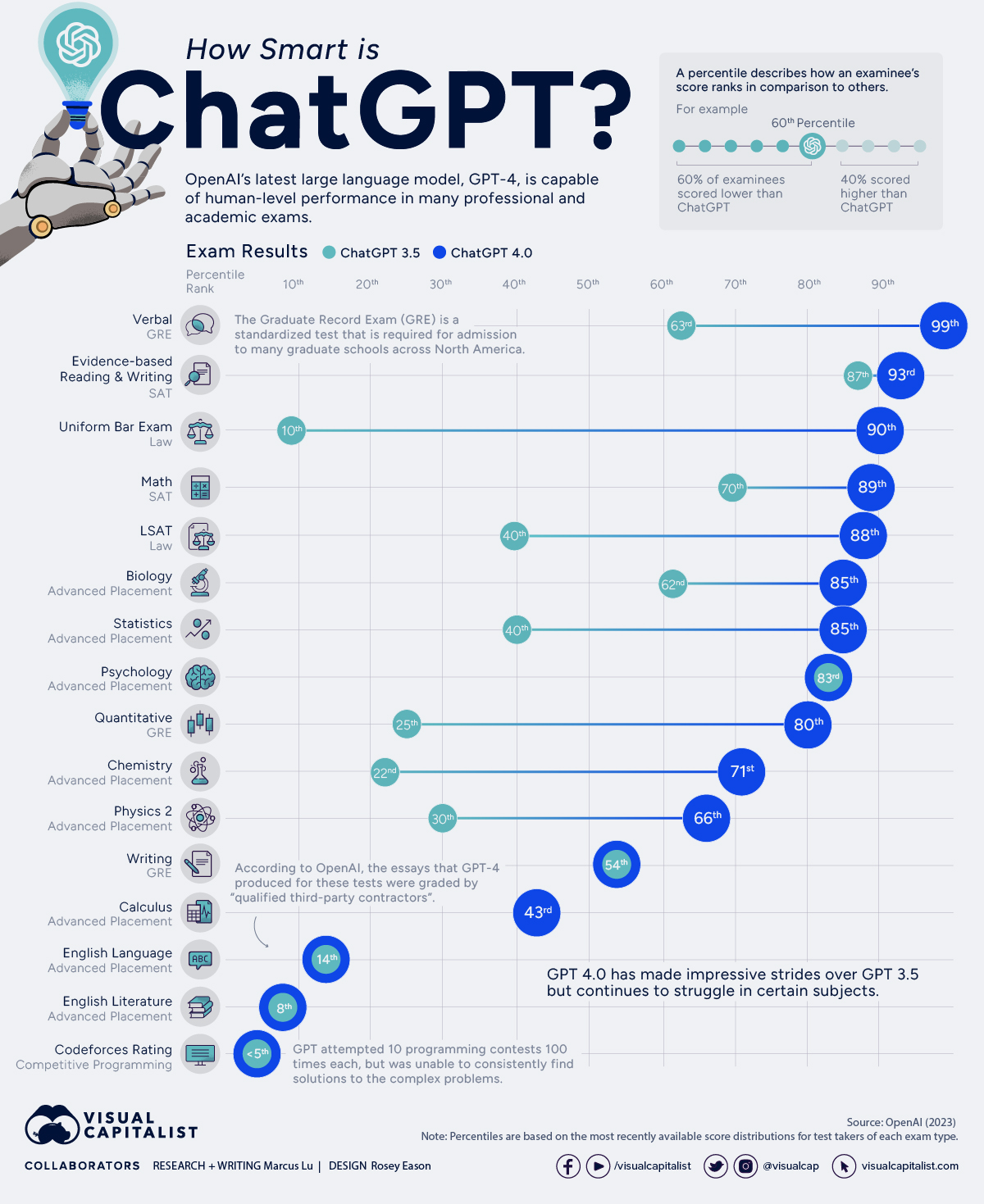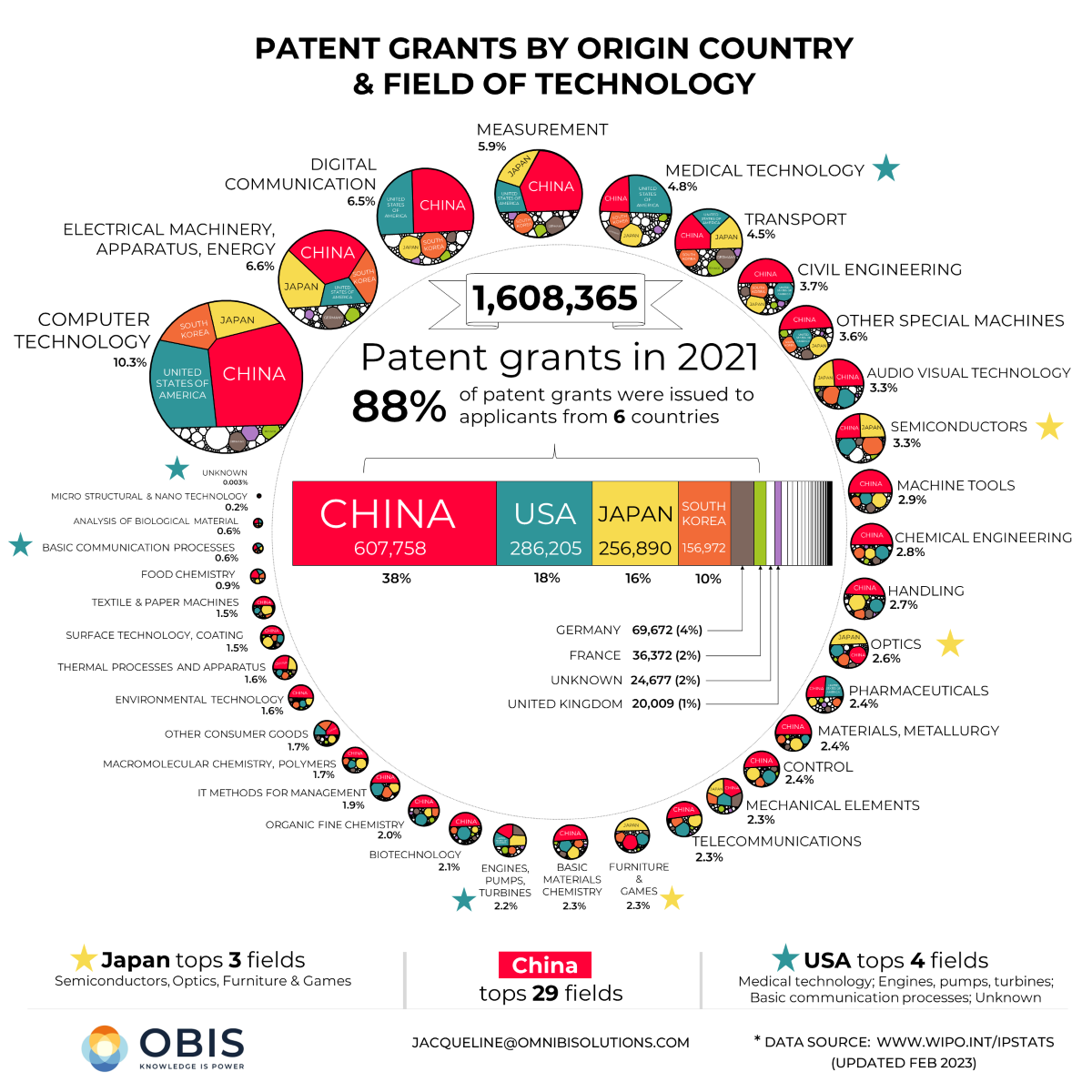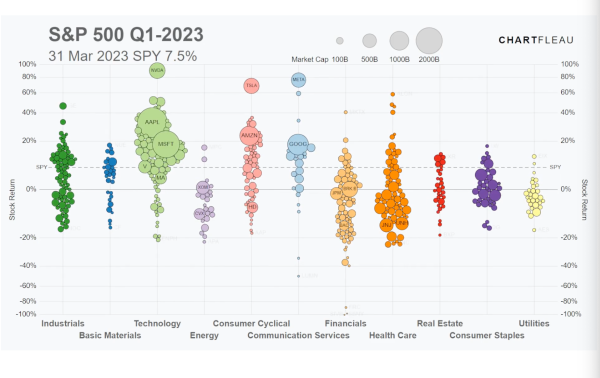I was at an event last week where (unsurprisingly) we focused heavily on AI. Conversations ranged from use cases for generative AI (and the ethics of AI image creators) to the long-term effects of AI and its adoption.
Before I could chime in, the conversation had gone to the various comparisons from past generations. When electricity was harnessed, articles claimed that it would never catch on, it would hurt productivity, and what of the artisans it would potentially put out of business if it were to gain traction.
When the radio or TV was released, the older generation was sure it would lead to the death of productivity, have horrible ramifications, and ultimately lead to the next generation's failure.
People resist change. We're wired to avoid harm more than to seek pleasure. The reason is that, evolutionarily, you have to survive to have fun.
On the other hand, my grandmother used to say: "It's easy to get used to nice things."

Here's a transcript of some of my response to the discussion:
With AI, getting from "Zero-to-One" was a surprisingly long and difficult process. Meaning, getting AI tools and capabilities to the point where normal people felt called to use it because they believed it would be useful or necessary was a long and winding road. But now that everybody thinks it's useful, AI use will no longer be "special". Instead, it will become part of the playing field. And because of that, deciding to use AI is no longer a strategy. It's now table stakes.
But that creates a potential problem and distraction. Why? Because, for most of us, our unique ability is not based on our ability to use ChatGPT or some other AI tool of the day. As more people focus on what a particular tool can do, they risk losing sight of what really matters for their real business.
Right now, ChatGPT is hot! But, if you go back to the beginning of the Internet, MySpace or Netscape (or some other tools that were first and big) aren't necessarily the things that caught on and became standards.
I'm not saying that OpenAI and ChatGPT aren't important. But what I believe is more important is that we passed a turning point where, all of a sudden, tons of people started to use something new. That means there will be an increase of focus, resources, and activity concentrated on getting to next in that space.
You don't have to predict the technology; it is often easier and better to predict human nature instead. We're going to find opportunities and challenges we wouldn't because of the concentration of energy, focus, and effort. Consequently, AI, business, and life will evolve.
For most of us, what that means is that over the next five years, our success will not be tied to how well we use a tool that exists today, but rather on how we develop our capabilities to leverage tools like that to grow our business.
But your success will not be determined by how well you learn to use ChatGPT. It will be determined by how well you envision your future and recognize opportunities to use tools to start making progress toward the things you really want and to become more and more of who you really are. Right?
So, think about your long-term bigger future? Pick a time 5, 10, or even 20 years from now. What does your desired bigger future look like? Can you create a vivid vision where you describe in detail what you'd like to happen in your personal, professional, and business life? Once you've done that, then try to imagine what a likely midpoint might look like? And then, using that as a directional compass, try to imagine what you can do in this coming year that aligns your actions with the path you've chosen?
Ultimately, as soon as you start finding ways to use emerging technologies in a way that excites you, the fear and gloom fade.
The best way to break through a wall isn't with a wide net, but rather with a sharp blow. You should be decisive and focused.
I remember being an entrepreneur in the late 90s (during the DotCom Bubble). And I remember watching people start to emulate Steve Jobs … wearing black turtlenecks and talking about which internet company would be the "next big thing" at social gatherings. Looking back, an early sign that a crash was coming was that seemingly everybody had an opinion on what was going to be hot, and too many of them were overly confident.
The point is that almost nobody talks about the Internet that way anymore … in part because the Internet is now part of the fabric of society. At this point, it would be weird if somebody didn't use the Internet. And you don't really even have to think about how to use the Internet anymore because there's a WHO to do almost all those HOWs.
The same is going to be true for AI. Like with any technology, it will suffer from all the same hype-cycle blues … inflated expectations and then disillusionment. But, when we come out the other side, AI will be better for it … just like the Internet, the silver screen, or even radio stations.
Earlier, I mentioned how long it took to get from "Zero-to-One" with AI. But we're still at like three" or a "five" on a 100-point scale. Meaning, you are at the beginning of one of the biggest and most asymptotic curves that you can imagine. And you're not late … you're early! Even the fact that you're thinking about stuff like this now means that you are massively ahead.
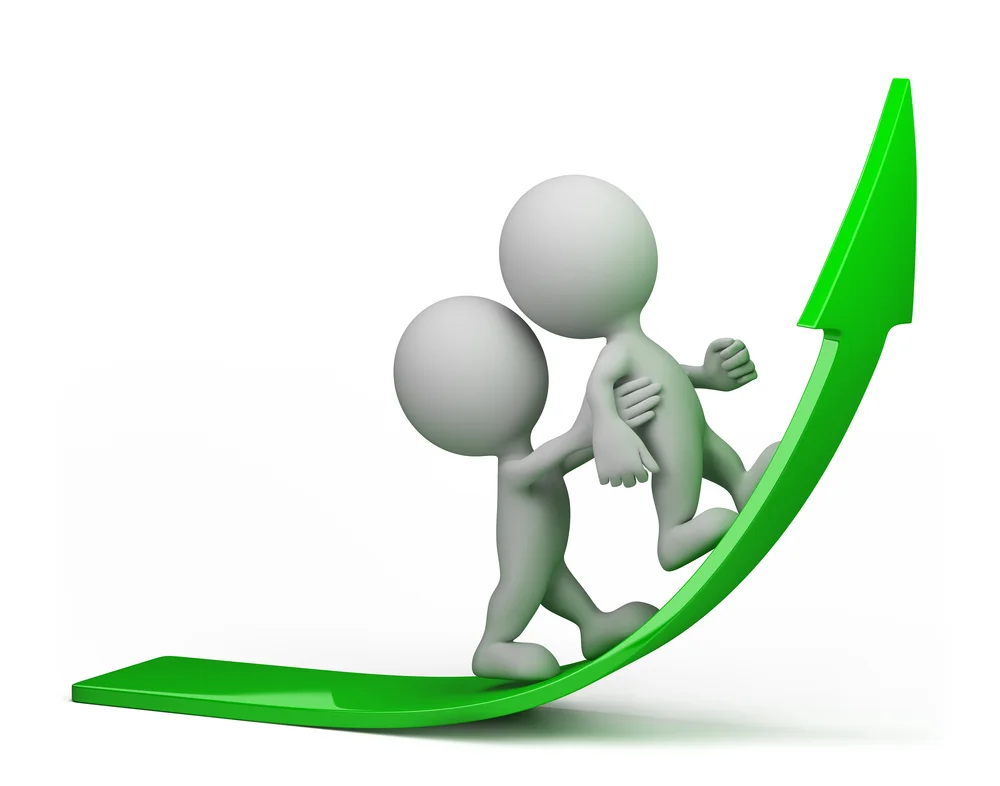
The trick isn't to figure out how to use AI or some AI tool. The trick is to keep the main thing the main thing.
Investing resources into your company is one thing. Realize that there are 1000s of these tools out there, and many more coming. You don't have to build something yourself. It is often faster and better to acquire a tool than it is to spend money on developing and building it.
Think of the Medici family. They invested in people, which in turn triggered the Renaissance. A key to moving forward in the Age of AI will be to invest in the right people who seek to create the kind of world you want to see. Think of this as a strategic investment into creators and entrepreneurs with a vision who are on a path that aligns with yours.
As you get better and better at doing that, you'll see increasing opportunities to use tools to engage people to collaborate with and create joint ventures. Ultimately, you will collaborate with technology where it's your thought partner and then your business partner. We are entering exciting times where AI, automation, and innovation will make extraordinary things possible for people looking for opportunities to do extraordinary things.


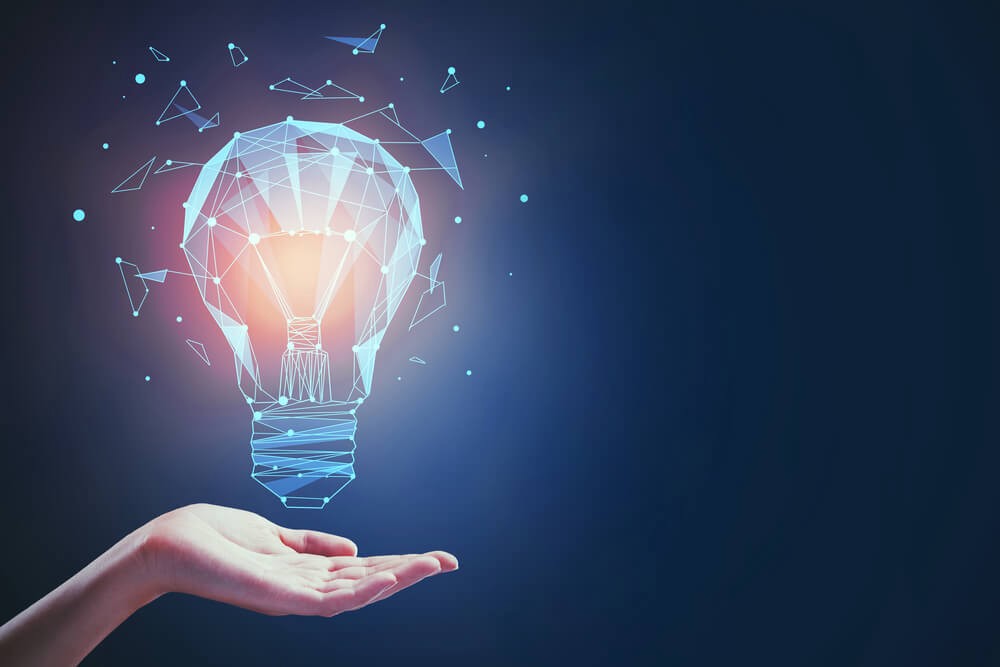
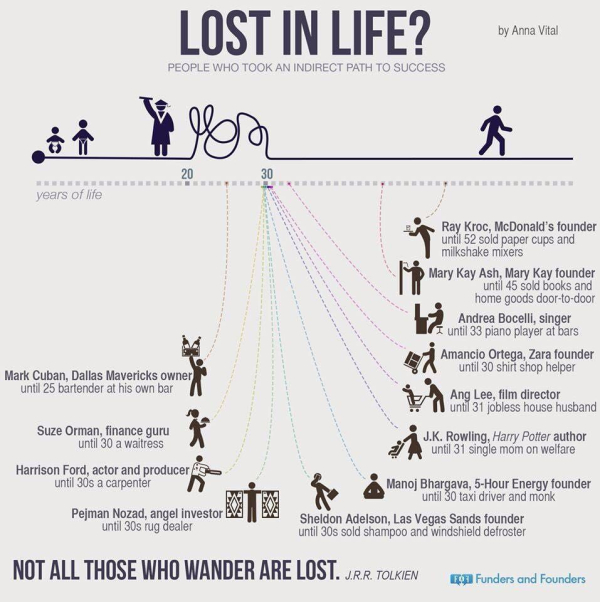
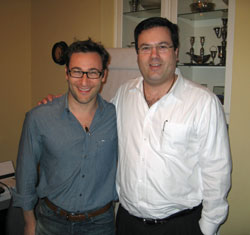 Inspiration is stronger than persuasion. It gives people a sense of purpose and belonging that has little to do with external incentives or benefits.
Inspiration is stronger than persuasion. It gives people a sense of purpose and belonging that has little to do with external incentives or benefits. "MEN WANTED FOR HAZARDOUS JOURNEY. SMALL WAGES, BITTER COLD, LONG MONTHS OF COMPLETE DARKNESS, CONSTANT DANGER, SAFE RETURN DOUBTFUL. HONOUR AND RECOGNITION IN CASE OF SUCCESS.
"MEN WANTED FOR HAZARDOUS JOURNEY. SMALL WAGES, BITTER COLD, LONG MONTHS OF COMPLETE DARKNESS, CONSTANT DANGER, SAFE RETURN DOUBTFUL. HONOUR AND RECOGNITION IN CASE OF SUCCESS.


